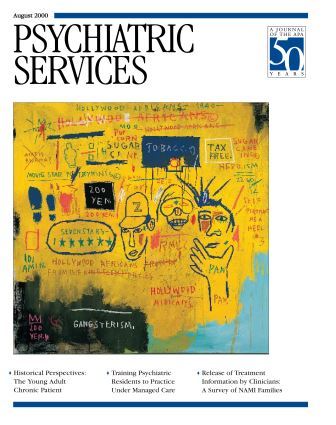The Mental Health Practitioner and the Law: A Comprehensive Handbook
The Mental Health Practitioner and the Law is described as "a comprehensive handbook." The book is not "comprehensive" in the sense that a psychiatrist preparing to take the added-qualifications examination could rely on it alone for enough information to pass the exam, but it is certainly an excellent treatment of several pressing and timely issues in medicine and the law.
The book's stated objective is to provide information on risk management to medical and mental health practitioners, and the editors have soundly achieved this objective. Practical tips on how to avoid being sued by patients are presented clearly and distinctly. The authors of each chapter have been careful to use language that is generic and egalitarian. Thus professionals from any discipline can learn from this handbook without feeling patronized. An especially welcome note is the focus on the cold realities of living in a managed care world. Managed care issues are addressed frankly and applied to every aspect of both clinical and forensic topics. To date, I have not seen a text that addresses these issues so thoroughly.
The Mental Health Practitioner and the Law would be very helpful for mental health trainees preparing for clinical practice. Another target audience is forensic professionals who consult to colleagues about litigation matters and how to avoid them. Many of the later chapters are written at an advanced level and would be a useful update for even the most seasoned forensic professionals. I have already incorporated many points from this book into my own teaching of psychiatric residents at the University of California, San Francisco.
In summary, The Mental Health Practitioner and the Law would be a welcome addition to any library. As more and more professionals enter the forensic arena, they need skills to interact safely and appropriately with the legal system. The final section about testimony and other expert-witness functions will prepare inexperienced professionals going to court for a good experience rather than a narcissistically traumatic one. Fortified with the information these authors provide, even a novice may enter the courtroom with serenity and confidence. Furthermore, clinicians who must deal with third-party payers and managed care schemes will gain new tools to protect themselves and their patients from exploitation. This is a gift of great merit.
Dr. Rogers, a child and adolescent and forensic psychiatrist, is associate clinical professor in the psychiatry and law program at the University of California, San Francisco.



